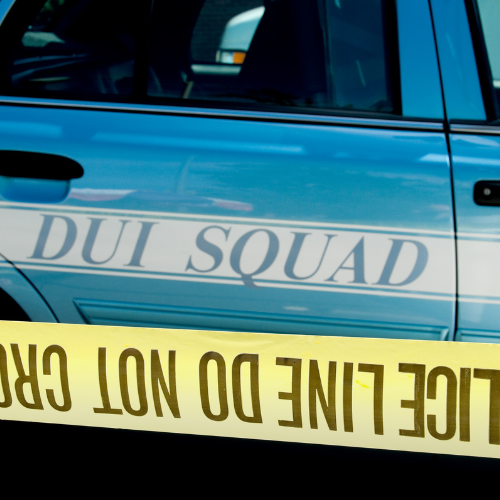Pennsylvania legislators have given their approval to bills aimed at safeguarding medical cannabis patients from DUI charges. The Senate version, introduced by Sen. Camera Bartolotta (R), successfully passed the Senate Transportation Committee with amendments in a unanimous vote last week. Simultaneously, a House bill sponsored by Rep. Christopher Rabb (D), though drafted differently, also passed the Transportation Committee with a vote of 14-10, intending to achieve the same objective.
Bartolotta emphasized that the legislation aims to close a “loophole” in Pennsylvania’s medical cannabis law, which currently allows law enforcement to arrest and prosecute patients for driving under the influence of marijuana without demonstrating active impairment. The bills propose that, for lawful medical cannabis patients, proof of actual impairment should be required if they are unable to safely operate a vehicle. The possession of a medical marijuana certification or card alone would not be sufficient evidence for a conviction or the basis for a DUI charge. The legislation specifies that it does not interfere with marijuana policies for federally regulated drivers of commercial vehicles or school buses.
Both bills advocate the reliance on standard field sobriety tests and drug recognition experts to determine if a medical marijuana patient is driving under the influence. The House bill includes language, at the request of the State Police and Pennsylvania Department of Transportation, clarifying that federally contracted or licensed commercial drivers are not covered under the proposed protections.
Rep. Rabb, sharing his personal experience as a medical cannabis patient, highlighted the importance of setting a level playing field for such individuals and preventing their lives from being disrupted by baseless DUI charges. He emphasized the need for a single standard for medical cannabis, aligning it with other medications.
While these bills have advanced in their respective committees, advocates express frustration over the lack of broader marijuana legalization in Pennsylvania, especially as neighboring states implement adult-use markets. Despite the momentum, the legislature has not enacted comprehensive marijuana legalization. However, discussions and hearings on marijuana legalization are ongoing, and lawmakers are exploring more modest changes, such as decriminalizing marijuana possession from a misdemeanor to a civil offense. The bills are expected to undergo further consideration when the legislative session resumes in February.



